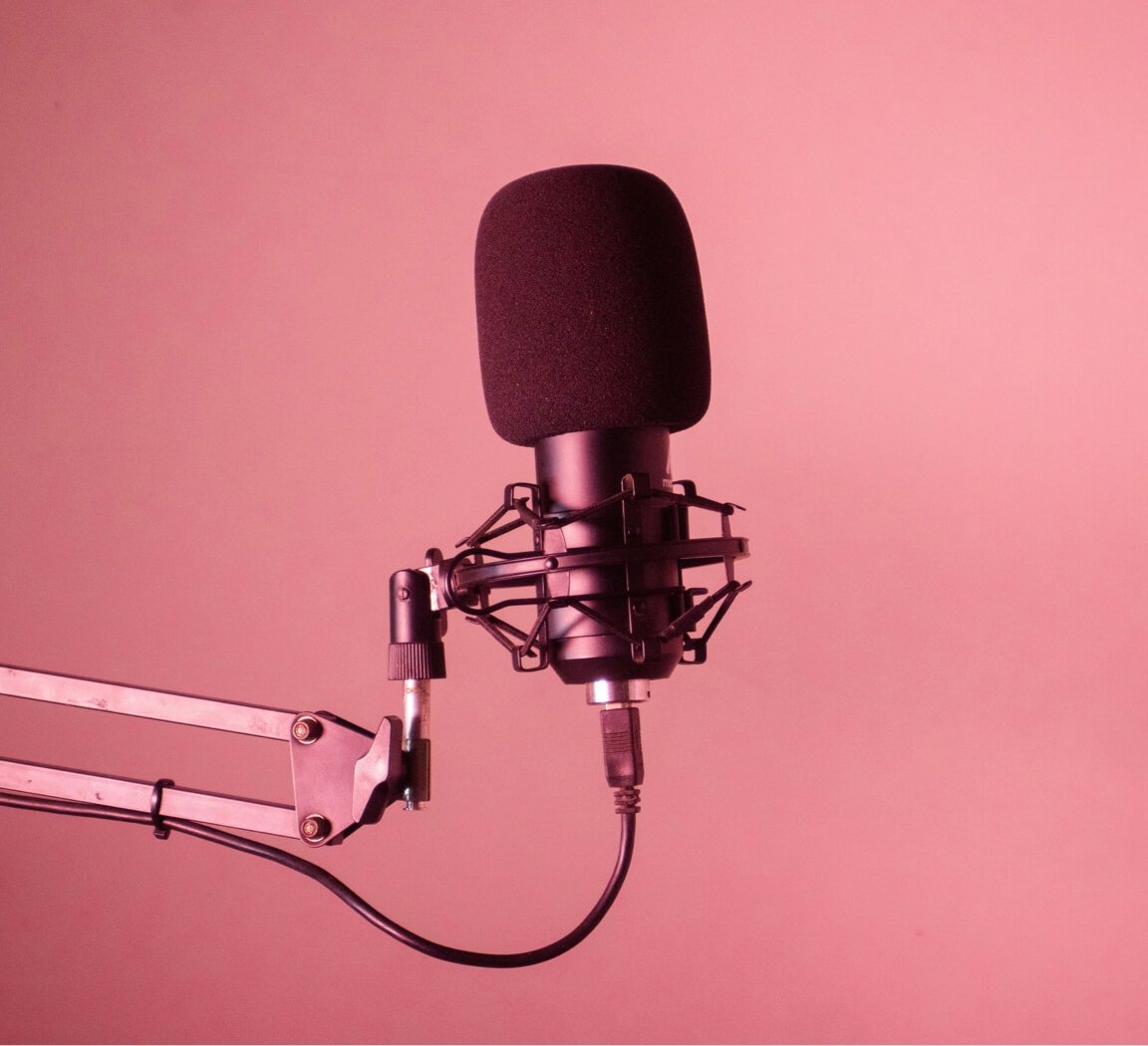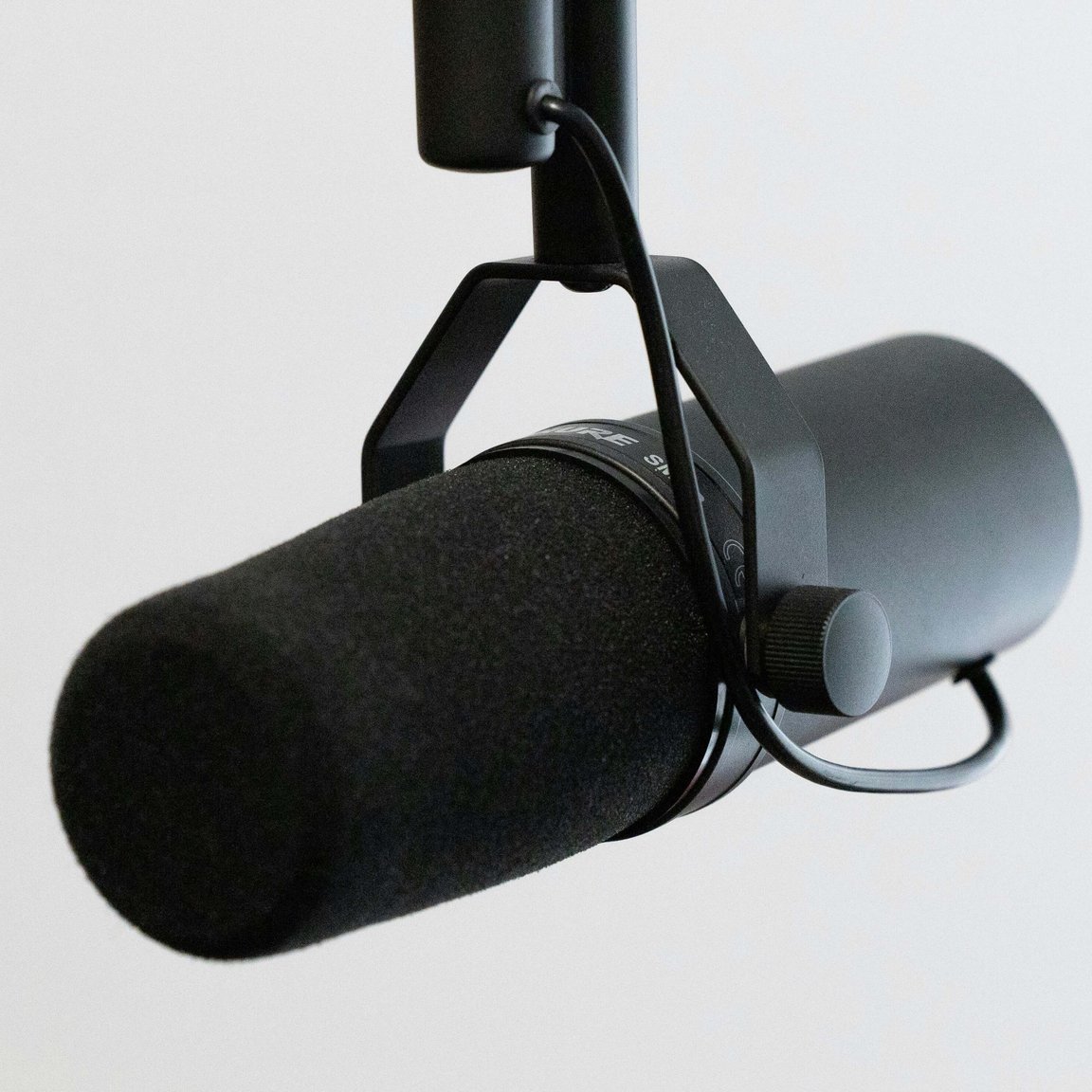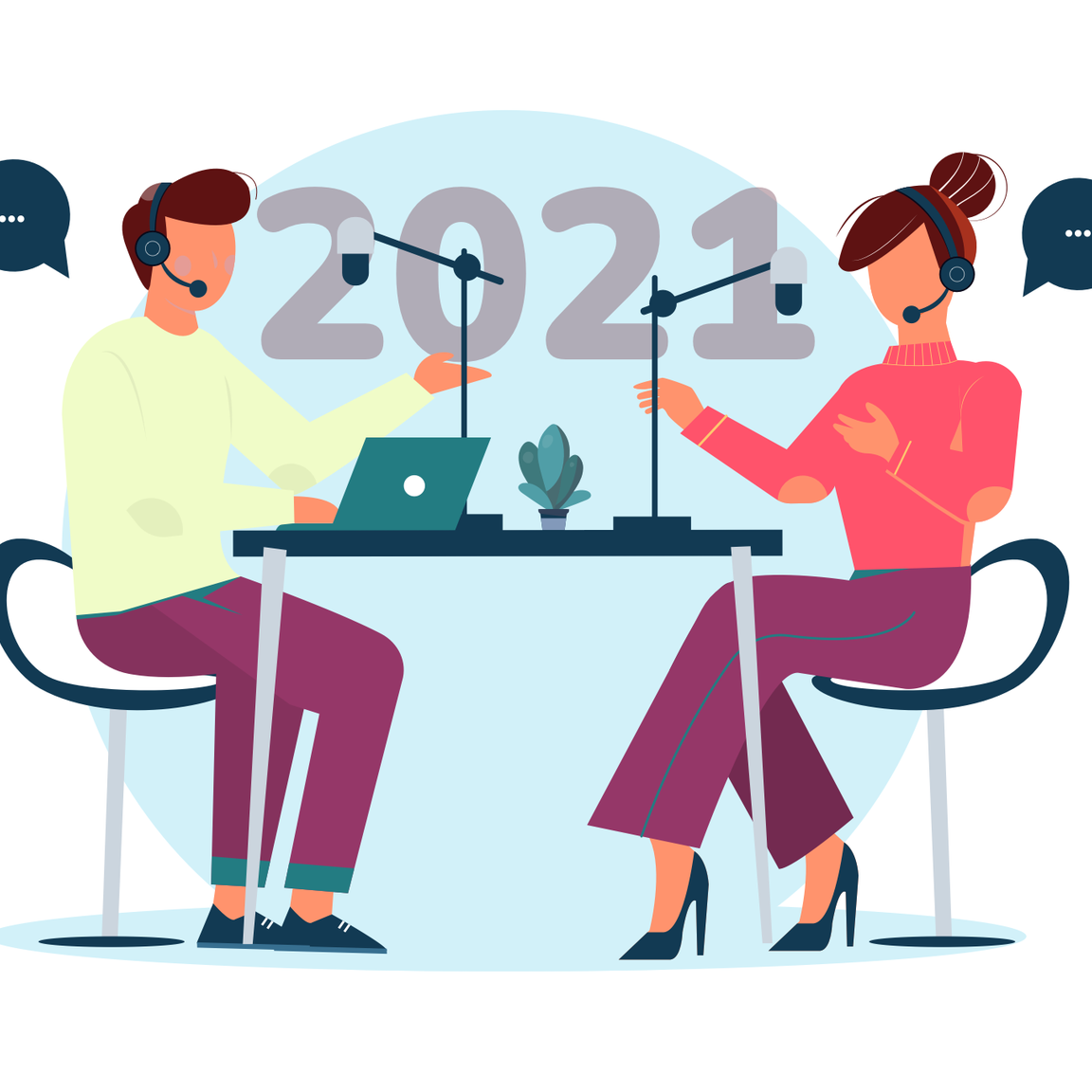If you’re a solo podcaster, you already know that creating episodes can be a time-consuming and energy-draining task. From coming up with episode ideas to editing the final product, it can feel like a never-ending process. But with a little bit of planning and some tips for editing, you can make the process smoother and more enjoyable.
Planning your solo episodes
One of the biggest challenges for solo podcasters is coming up with ideas for episodes. It can feel overwhelming to have to come up with new topics every week or every few weeks. That’s why it’s important to plan ahead.
Consider working in seasons, where you can plan out a theme or topic for each episode. This can help you structure your ideas and make it easier to come up with new episodes. You can also use frameworks like the story framework or the cycle of the seasons to help you generate ideas.
When planning your episodes, it’s important to choose topics that you’re excited to talk about. Don’t just go for what you think your audience wants to hear - choose what you’re passionate about. This will make the process more enjoyable for you and will result in better content for your listeners.
Editing your solo episodes
Once you’ve recorded your solo podcast episode, it’s time to edit. This can be a tedious process, but it’s important to make sure your episode is polished and ready for your audience.
Start by doing a rough edit, where you remove any repetitions or unnecessary parts. This can be done by going through a transcription of your episode and editing the text. Then, listen to the episode and make any additional edits or adjustments. Finally, listen to the episode from start to finish to catch any missed mistakes or errors.
Consider using a transcription tool like Descript to make the editing process easier. You can also leave markers in Descript to make it easier to find edit points.
Remember, your podcast episode doesn’t have to be perfect. You can always make changes or corrections in future episodes. Focus on making each episode the best it can be in the moment, and don’t worry about making it perfect.
With a little bit of planning and some editing tips, you can make the process of creating solo podcast episodes smoother and more enjoyable. Happy podcasting!




